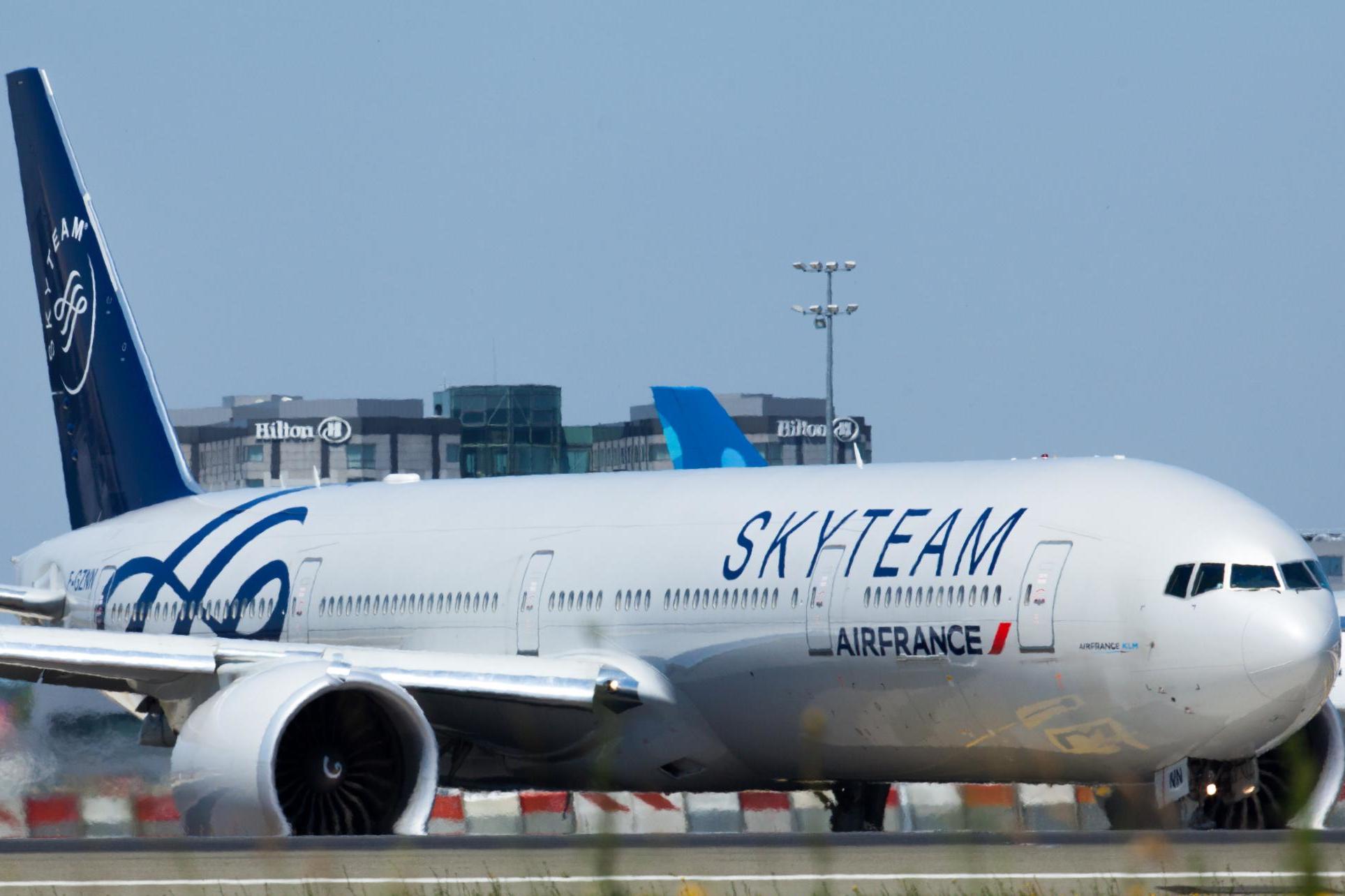Air France passengers bound for Shanghai spent three days in Siberia
Passengers on the diverted flight AF116 spent three days under ‘hotel arrest’ in the city of Irkutsk

Your support helps us to tell the story
From reproductive rights to climate change to Big Tech, The Independent is on the ground when the story is developing. Whether it's investigating the financials of Elon Musk's pro-Trump PAC or producing our latest documentary, 'The A Word', which shines a light on the American women fighting for reproductive rights, we know how important it is to parse out the facts from the messaging.
At such a critical moment in US history, we need reporters on the ground. Your donation allows us to keep sending journalists to speak to both sides of the story.
The Independent is trusted by Americans across the entire political spectrum. And unlike many other quality news outlets, we choose not to lock Americans out of our reporting and analysis with paywalls. We believe quality journalism should be available to everyone, paid for by those who can afford it.
Your support makes all the difference.Hundreds of Air France passengers who had boarded a flight to Shanghai ended up spending three days in Siberia – under “hotel arrest” because they had no visas.
Their ordeal began seven hours after flight AF116 took off from Paris Charles de Gaulle late on Saturday night, 10 November.
The Boeing 777 aircraft with 282 passengers and 16 crew had just crossed from Russian airspace into Mongolia at a height of 32,000 feet. It was on course for an on-time arrival in Shanghai three hours later.
But flight attendants in the crew rest area above the economy cabin reported smoke, and a smoke detector in the aft galley was activated.
The captain decided to divert to the nearest major airport, Irkustk, which was about 180 miles north. The aircraft landed safely half an hour later.
While Irkustk is an international airport, its only flights to foreign destinations are to former Soviet republics such as Kyrgyzstan and holiday charters to Thailand.
The airport is not set up to process almost 300 new arrivals, almost all of whom were ineligible for admission to Russia because they needed visas.
Air France said: “As soon as possible, customers were assisted and provided with accommodation in two hotels designated by the local authorities.”
A team from the French airline’s Moscow base was dispatched to Irkutsk to help out.
As is common with many “fume events” on aircraft, it was impossible swiftly to identify and fix the fault.
The initial “re-routing solution” proposed by Air France involved sending a replacement Boeing 777 to Irkutsk – which itself “went technical”.
The Air France statement said: “Due to the impossibility of completing the repair work within a short timeframe, a second B777 was sent to Irkutsk.
“At the airport, this second aircraft also experienced a technical incident making the flight from Irkutsk to Shanghai impossible to operate.”
By now the passengers had endured two days in sub-zero temperatures, and were unable to stray from their hotels.
A third 777 was sent from Paris, and finally took the passengers on the final three-and-a-half-hour leg to Shanghai. They arrived in the Chinese city 68 hours behind schedule.
Air France said: “The company’s commercial department has contacted the customers concerned to propose suitable commercial measures.”
Passengers were handed letters signed by Ben Smith, the new director general of Air France, offering a flight voucher for €800 (£700).
European air passengers’ rights rules stipulate compensation for long-haul flights that are significantly delayed – unless the airline can claim “extraordinary circumstances”.
Air France is likely to contend that the initial diversion was caused by “unexpected flight-safety shortcomings”, and decline compensation. But the cancellation of the second flight may trigger claims for €600 (£530) in cash.
Passengers waiting in Shanghai for the original flight to return to Paris are also likely to qualify for compensation.
While in Irkutsk, it appears that the flight crew were not confined to their hotels.
One of the stranded travellers, Kevin Ohayoun, from the southern French city of Montpellier, tweeted: “While the passengers had their passports confiscated and were ‘sequestered’ in the hotel, the crew took the opportunity to go to a little restaurant in town.”
Passengers who happened to have passports from former Soviet republics, as well as a number of Latin American nationals and citizens of Nauru, were eligible to enter Russia officially without a visa.
They could enjoy the handsome facades in central Irkutsk and the precarious wooden houses in the backstreets, as well ask some impressive churches.
Irkutsk first developed as a trading post where silk from China was exchanged for mammoth tusks from the Arctic.
In December 1825, a group of Russian aristocrats who protested against the autocratic rule of the tsar were exiled to Siberia, and some of them settled and built grand mansions in Irkutsk.
Today the city is a popular stop along the Trans-Siberian Railway, giving access to Lake Baikal – the world’s deepest body of fresh water.
Join our commenting forum
Join thought-provoking conversations, follow other Independent readers and see their replies
Comments